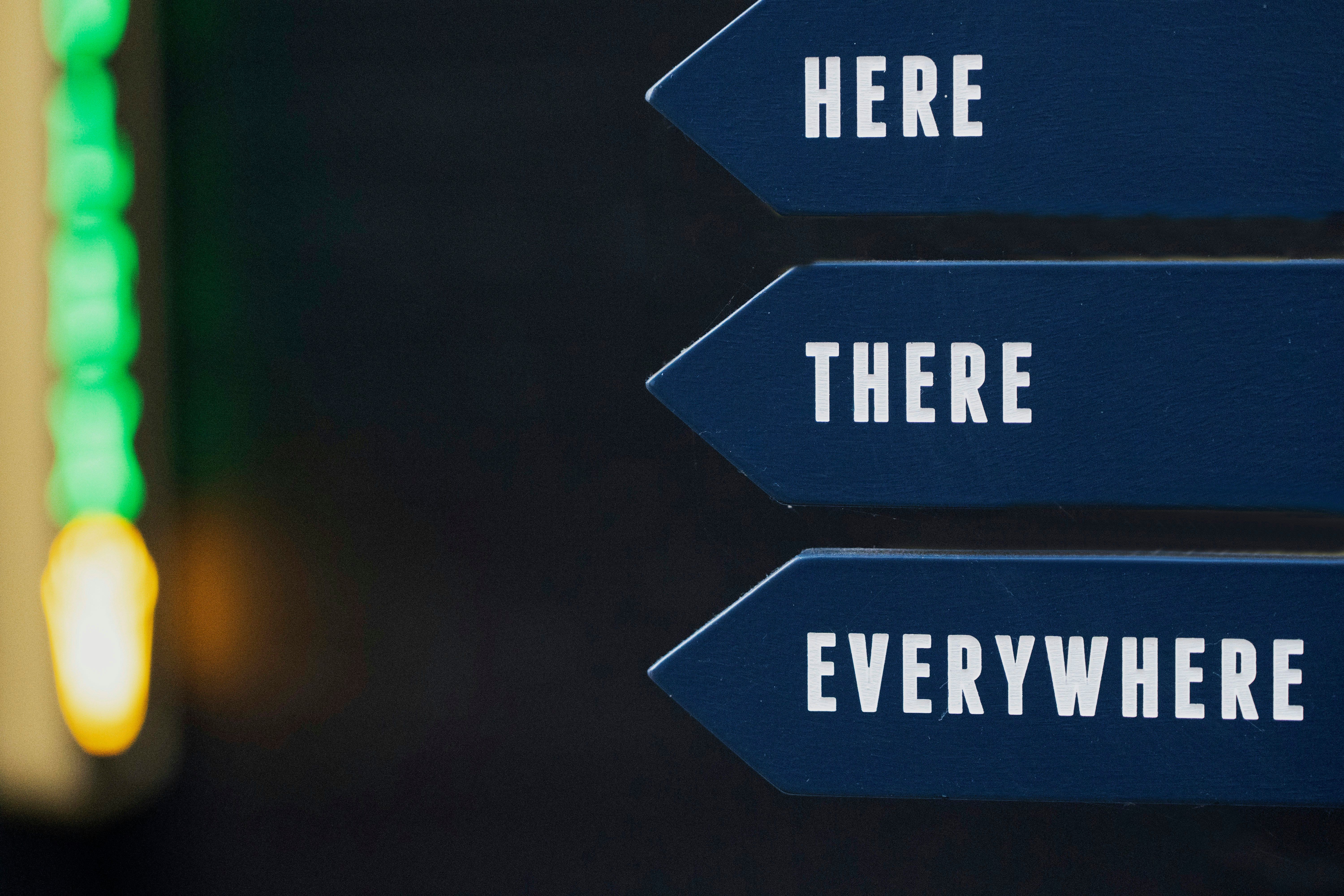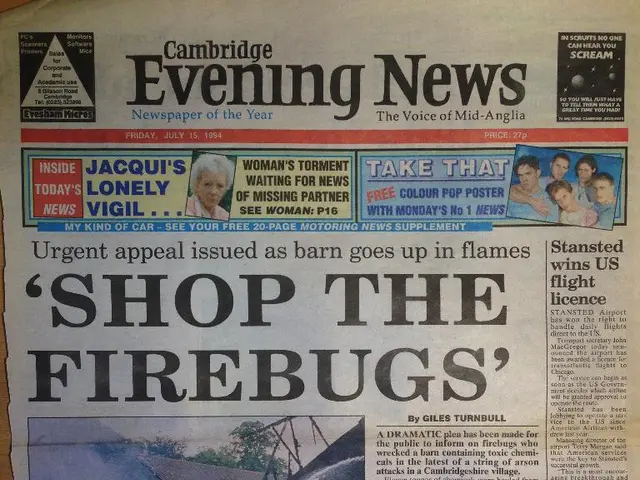Ministers may be overlooking the escalating AI copyright dilemma?
United Kingdom's Government Rejects Amendment on AI and Copyright, Draws Criticism from Creative Sector
The UK government has rejected a House of Lords-backed amendment to the data bill for the second time, escalating a standoff over copyright in AI development with the creative industries. The provision, introduced by Baroness Beeban Kidron, would have required AI firms to disclose copyrighted works used in their models and secure consent from rights holders.
Critics allege that this legislative deadlock is compromising intellectual property rights, with Sir Elton John accusing the government of enabling "theft" by allowing tech firms to train generative AI models on copyrighted material without approval or remuneration. Other notable figures involved included Sir Paul McCartney, Dua Lipa, and Kate Bush.
Organisations such as UK Music and the Publishers Association warned of lasting economic and cultural damage if protections are not enforced, with Tom Kiehl, chief executive of UK Music, commenting that the government is putting the country's music industry at risk. Similarly, other creative professionals expressed concerns over AI models consuming vast amounts of online content without permission or compensation.
The government has so far resisted direct regulatory intervention, with a spokesperson stating that no changes to copyright law would be made "unless we are completely satisfied they work for creators." Instead, it has committed to further consultations and will publish an economic impact assessment later this year.
Meanwhile, critics argue that the government's proposed "opt out" strategy would benefit tech giants and undermine local creators by reversing the burden of responsibility. The Society of Authors, representing professional writers, has suggested that AI tools have flourished without exhibiting clear consent from authors.
While much of the debate revolves around regulation and rights, tech sector figures are advocating for a balanced solution that acknowledges the value of the UK's creators and the potential of AI. Andy Parsons, senior director of content authenticity at Adobe, emphasized the necessity of giving creators control and implementing a content authenticity program to ensure transparency and authorship.
Looking ahead, commercial roll-out of AI-powered creative tools is accelerating, with Amazon-owned Audible planning to use AI-generated voices for audiobook narration and translation. As the debate continues, creative industry leaders urge Prime Minister Keir Starmer to intervene directly and ensure that regulation keeps pace with technological progress to secure the country's global leadership in creative rights.
- The ongoing controversy over AI and copyright in the UK highlights the need for technology companies to respect intellectual property rights in education-and-self-development materials, such as music, literature, and art, just as they do in other property domains.
- As the UK government weighs its approach to regulating AI in the creative sector, there is growing pressure from the industry for legislation that recognizes the value of property rights, not only for the economic well-being of creators, but also for the preservation of the country's cultural heritage.





